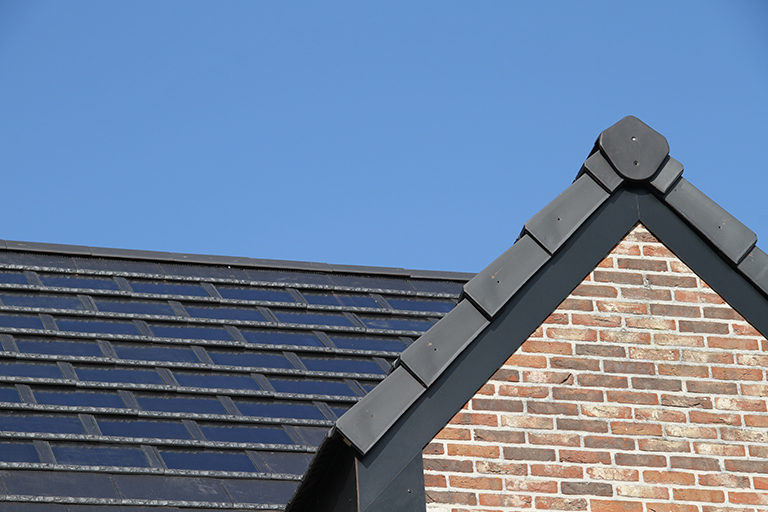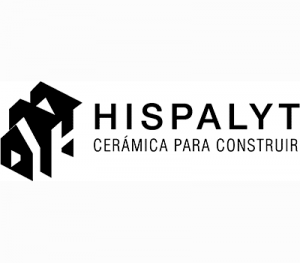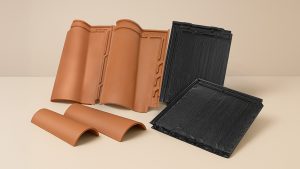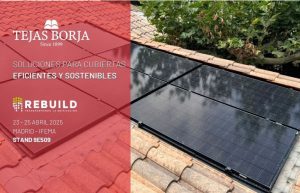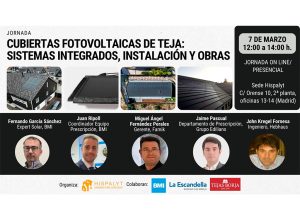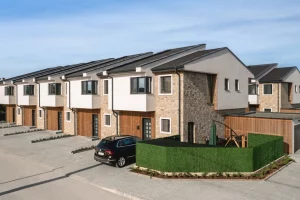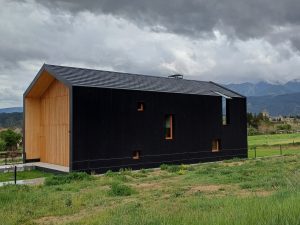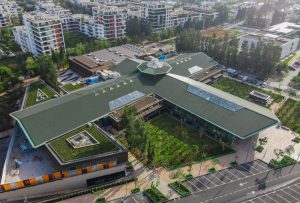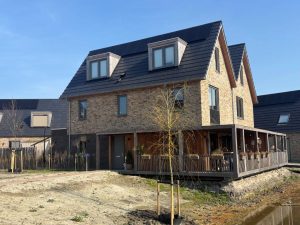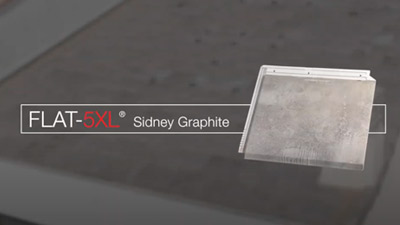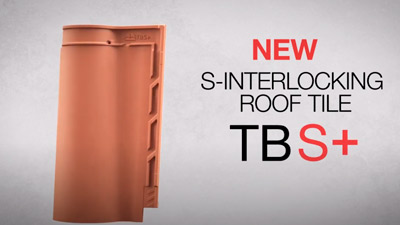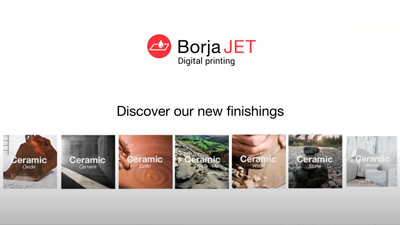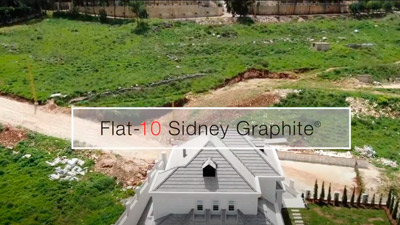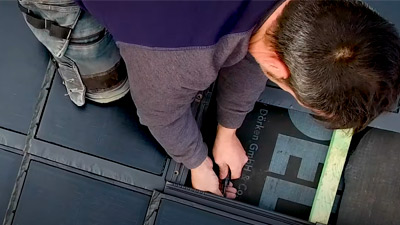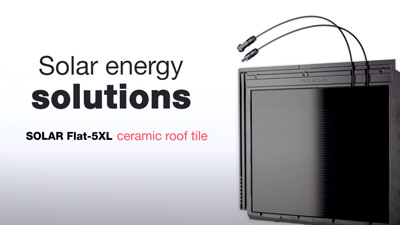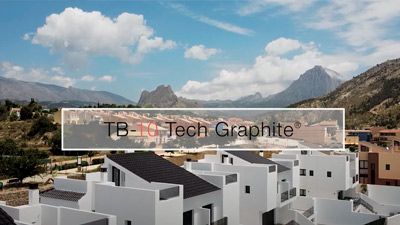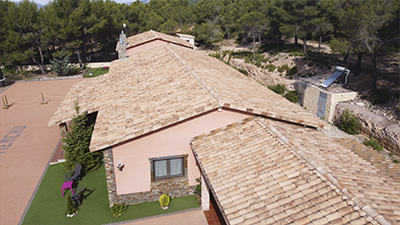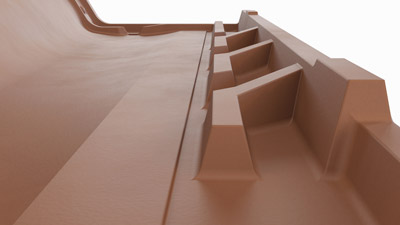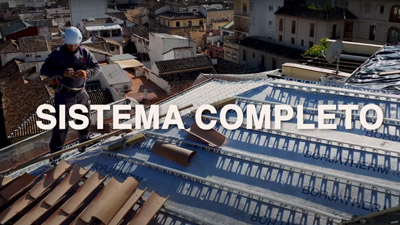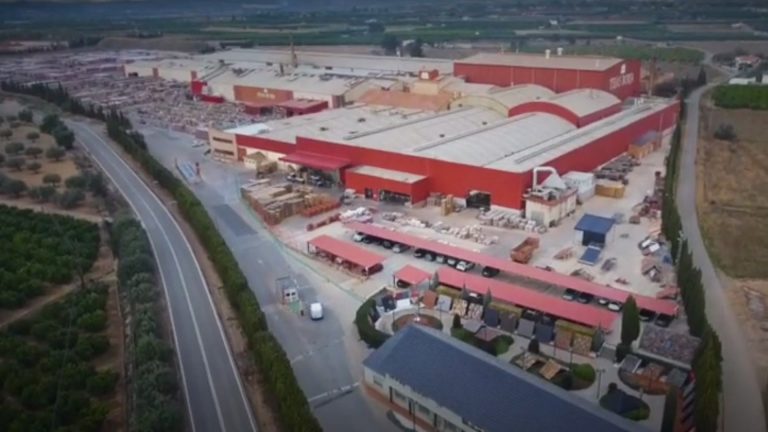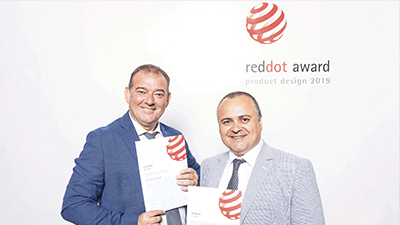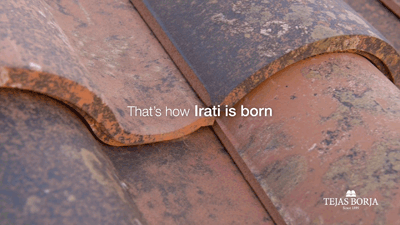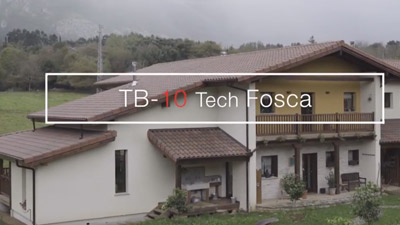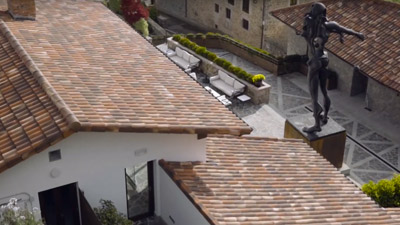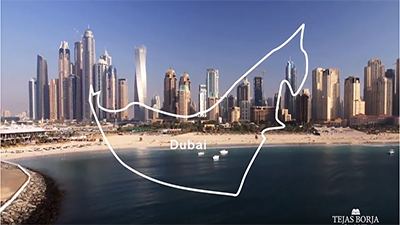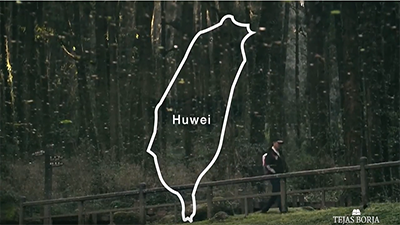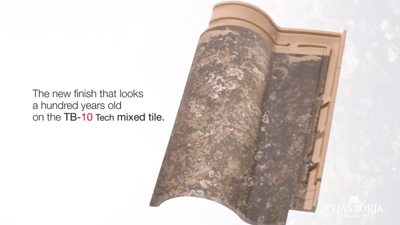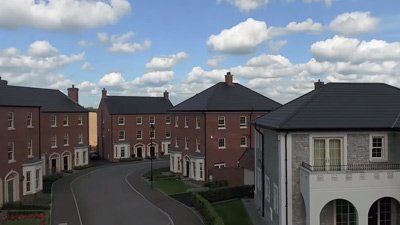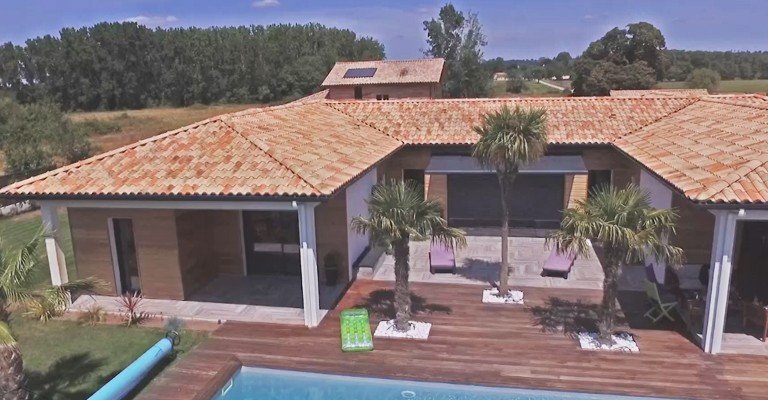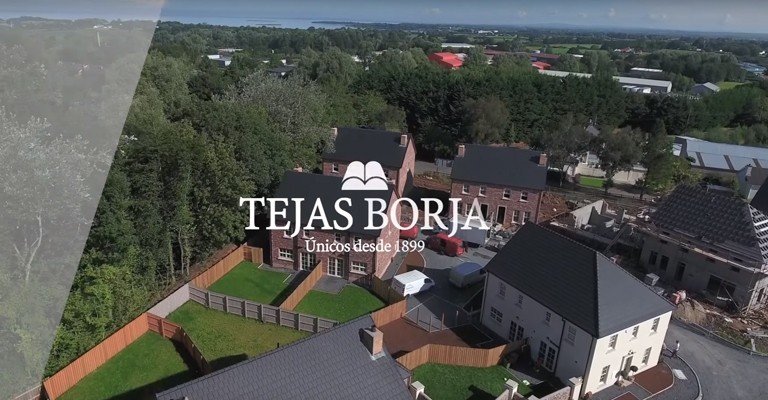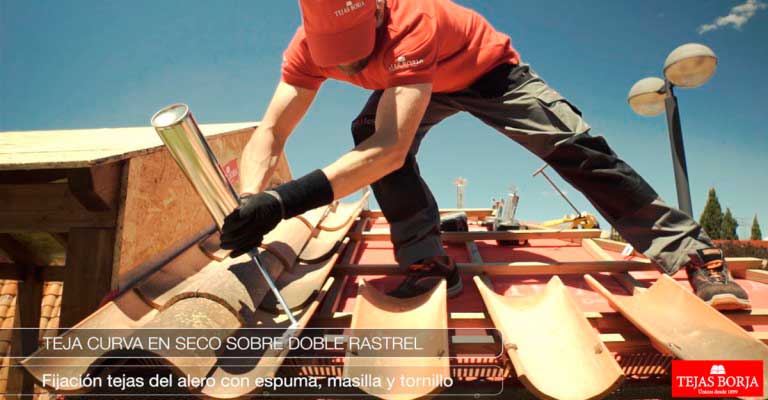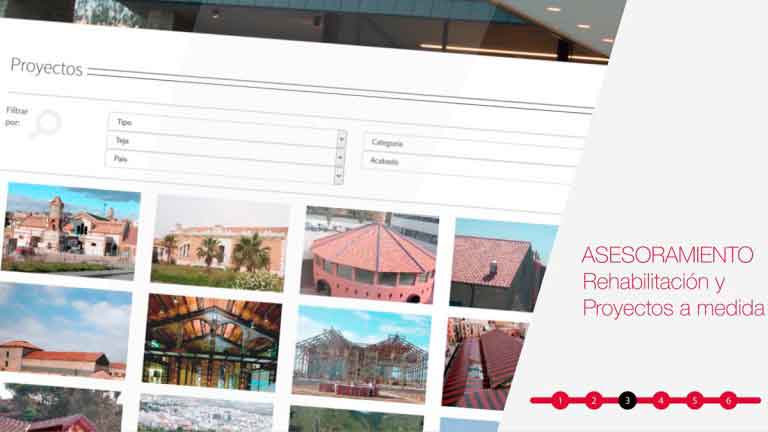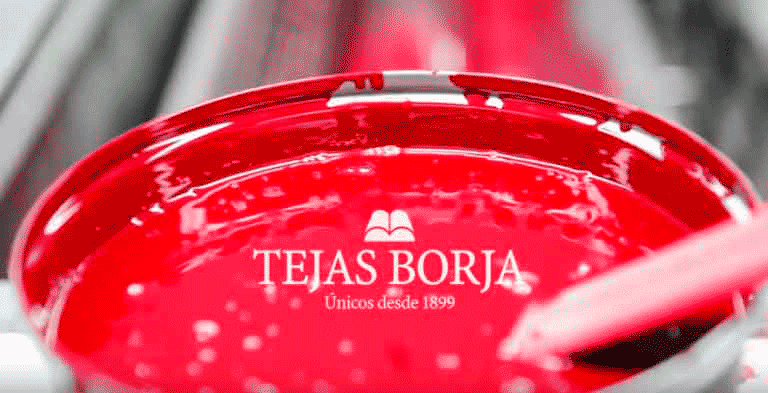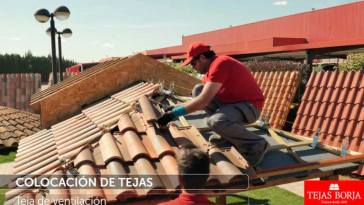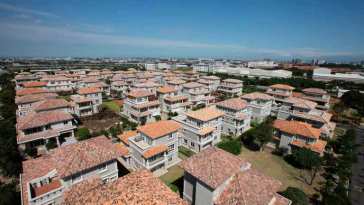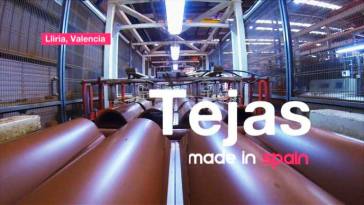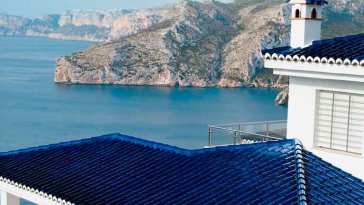Answers to 10 frequently asked questions about solar roof tiles installation
Answers to 10 frequently asked questions about solar roof tiles installation
Currently solar power is one of the most sustainable renewable energies, one which enables electricity to be generated in the same place it is going to be used to supply energy for lighting, heating and refrigeration.
There are numerous advantages to having a photovoltaic installation at your home or business. In addition to reducing electricity bills and improving energy efficiency, producing energy via a solar installation contributes to the fight against climate change.

Project: Solar Flat-5Xl ceramic roof tile
If you are considering buying a solar installation which makes use of the roof surface, Tejas Borja offers you an integrated, reliable solution. However, before making the decision to install the photovoltaic system, you must follow these steps:
- Research relevant requirements and legislation.
- Choose your preferred type of self-consumption.
- Check the viability of a solar installation.
- Select quality materials.
- Hire qualified personnel.
Carrying out a photovoltaic installation on your roof is an important decision, as it affects both the building and the efficiency of the energy collection. In this post we have put together 10 frequently asked questions, whose answers you should know before making such a significant decision.
Q1. What are the benefits of solar energy?
When you take the decision to have a solar energy capture installation integrated into the roof of your property, you will reduce your electricity bills and protect yourself against future increases in the cost of electricity in the energy marketplace. How much you can save with a solar installation depends on various factors:
- Your electricity tariff. If the tariff in your area is higher than elsewhere, you will save more money in less time.
- Energy policies in your area. In areas where there are government policies to incentivise the generation of solar power, you could save even more.
- The price of electricity. The price of electrical energy can be unpredictable. Any calculation of potential savings from a photovoltaic installation using solar tiles will be based on a price estimation. However, as it is likely that electricity prices will continue to rise, savings will also continue to increase year on year.
- The solar tile installation capacity and energy consumption. Although a responsible consumption of energy is always recommended, depending on the amount of electricity you produce using your solar installation, you may never have to pay electricity bills again or may reduce your bills to such an extent that energy payments are never again a significant part of your household budget.
Choosing a solar installation is a wise decision regardless of the property’s location. When you decide to have a solar installation, your electricity costs become minimal and stable.
Q2. What are the environmental benefits of solar energy?
Similar to other renewable sources of energy, solar energy has many environmental and general health benefits. Firstly, it results in a considerable reduction in the emission of greenhouse gases, making a significant contribution to the fight against climate change. Moreover, it prevents the emission of other pollutants which can cause health problems, which would otherwise be generated during the production of energy through conventional methods.
Q3. What impact will a solar energy installation have on my house/property?
A solar energy system will increase the value of a property considerably. This increase will be greater when the installation is owned rather than rented. For comparison, a solar installation will add more value to a property than the renovation of a bathroom or kitchen, and even more if the solar system is integrated into the building.
Q4. How do the solar tiles work?
Solar tiles, like other solar power products (e.g. solar panels), capture light energy from the sun during the day and convert it into direct current. Houses and buildings usually use alternating current.
The direct current from the solar installation passes through an inverter and is transformed into useable alternating current. Now the electricity can be used or consumed, or ceded/sold to the national power grid.
There is also the option of installing batteries to store any excess energy generated during the day so it may be consumed during periods when it is not sunny.
Q5. Will my solar tiles produce energy on days which aren’t very sunny?
The amount of electricity generated depends on the amount of sunlight which reaches the tiles. There will be a small drop in the level of power generated if the tiles are shaded and they will not produce energy at night. However, using the latest technology in the manufacture of photovoltaic products, denominated by the acronym CIGS, we can guarantee we are offering the most effective technology for generating solar power in shaded areas.
Using this technology we obtain high performance, highly-efficient solar cells which are also environmentally friendly as they are made from copper, indium, gallium and selenide and are free of cadmium and lead.
Q6. What happens if the solar tiles get covered in snow?
Solar tiles convert solar energy into electricity. If they are totally covered in snow, they will not be able to produce electricity. Thanks to the structural resistance of each solar tile and the way they are installed, any snow which may settle on them shouldn’t cause any structural damage to the product.
Thanks to the roof slope and the sleek surface provided by the solar tile glass, snow will slide off the tiles easily or be simple to clean off.
Q7. Are solar tiles suitable for isolated properties which are not connected to the national power grid?
It is more common to find photovoltaic installations connected to a power grid, either because the property gets power from the grid at night when the installation does not produce electricity or because the owner of the installation wants to sell any excess energy it generates.
However, an installation with solar tiles is suitable for isolated properties which are not connected to the power grid, but the installation must always include a system of batteries to store the energy generated.
Q8. If I have solar tiles will I still receive electricity bills?
If the photovoltaic installation with solar tiles does not include a system of batteries to store energy and the property is connected to the national power grid, you will continue to receive electricity bills from the public grid, but you can reduce these bills significantly with a solar tile installation which adapts to your energy needs.
Q9. Will solar tiles work during a power cut?
If the installation is isolated from the power grid you can guarantee a supply of electricity during a power cut.
However, if the installation is connected to the power grid and does not include a system of batteries, due to the characteristics of the inverter, during a power cut your installation will turn off automatically to prevent anyone working on the installation from receiving an electric shock.
Q10. What maintenance does the installation require?
The solar tiles are manufactured using the best materials and components available for this purpose. With a ceramic or aluminium base, they are ideal to guarantee the watertightness of a sloping roof.
Over the entirety of their useful life, the solar tiles require minimal maintenance and often the glass does not even need regular cleaning. For more information, we recommend you consult the ceramic solar tile manual [here].

Proyect: Solar Flat-5XL ceramic roof tile
solar roof tiles, solar installation,
18 de May de 2021
